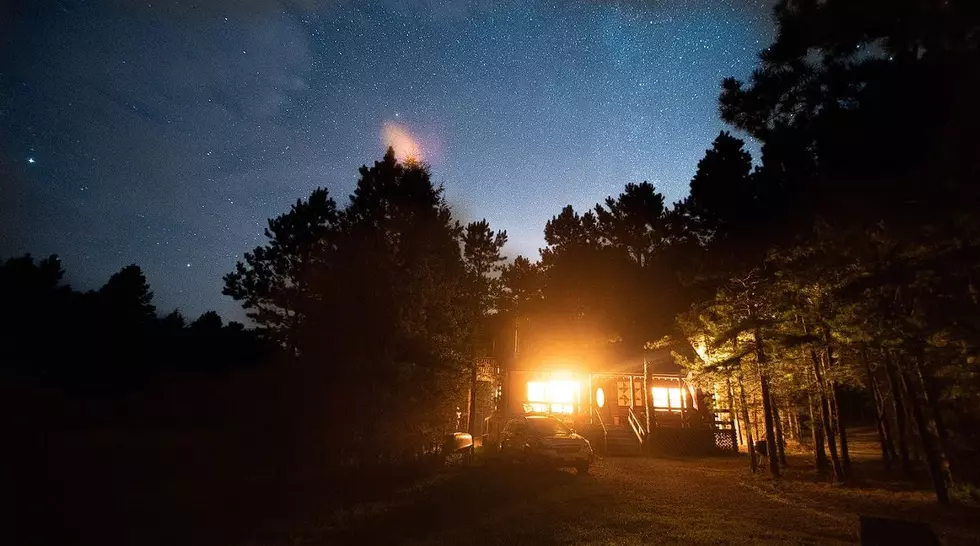
February 2024 Will Have an Extra Day; Ever Wonder Why We Have Leap Years?
I just realized yesterday that 2024 is a Leap Year. Because it only happens every four years, I don't really keep track of them. It's always been something I never understood the why behind it, like Daylight Savings Time. Come to find out, this addition to the calendar has an interesting history and is very important.
How Many Days Are in a Year?
It depends on what kind of year we are talking about. It's common knowledge that calendars have 365 days, but when we are talking about the time it takes for the Earth to orbit the Sun, the most accurate answer is 365.2425 days or 365 days and six-ish hours, which kind of hurts my brain a little, to be honest. How could there be a quarter of a day? Well, there can't, so that's where leap years come into play.
Why do we Have Leap Years?
Around the 7th century B.C., Roman dictator Julius Caesar revamped the Roman calendar. At the time, society kept track of days based on the moon cycle, so it was falling out of sync with the seasons. He consulted an Alexandrian astronomer named Sosigenes who observed that the most accurate calendar followed the sun instead. The Egyptians had already been using this method successfully.

The Gregorian Calendar
Caesar and Sosigenes still didn't have their calculations quite right, so around 1570, astronomer, Christopher Clavius, created the Gregorian calendar which added one day to the year once every four years. This one day keeps New Year's on the first of January, Easter in Spring, harvest in Fall, etc. and it's what we still use today. A really interesting fact to note is that the calendar is still not perfect. Although, nothing has changed since the 1500s, eventually, there will need to be another edit. According to the History Channel,
"Experts note that the Gregorian calculation of a solar year—365.2425 days—is still not perfect, and thus another correction will be necessary. Thankfully, the Gregorian calendar is only off by about one day every 3,030 years, so mankind has some time before this becomes a problem."
103 iconic photos that capture 103 years of world history
Gallery Credit: Rachel Cavanaugh & Elizabeth Ciano
More From WKDQ-FM









